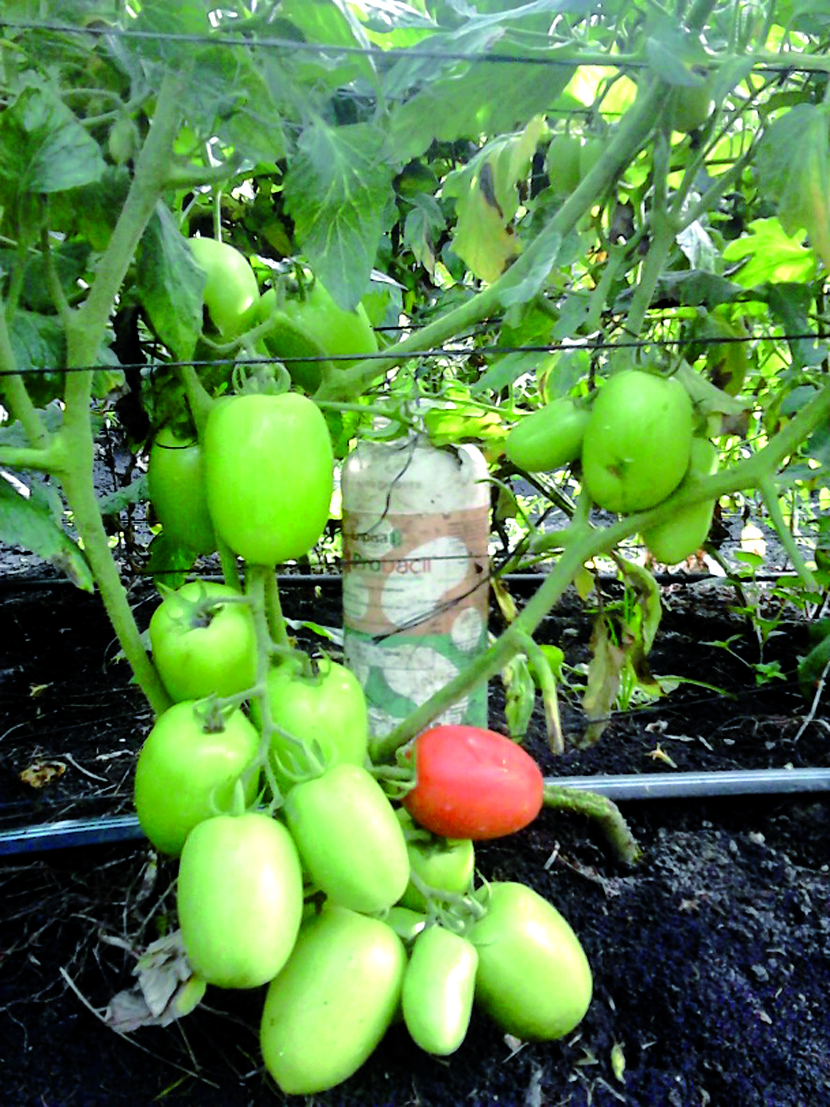Salicylic acid and Bacillus subtilis as control of early blight (Alternaria solani) in tomato plants (Solanum lycopersicum)
Palabras clave:
inductores de resistencia, Alternaria solani, producción sustentableResumen
Alternaria solani is the causal agent of early blight disease in tomatoes (Solanum lycopersicum) and every year is responsible for significant economic losses suffered worldwide by the producers of this crop. Since salicylic acid and Bacillus subtilis are resistance-inducing agents in plants, they were evaluated in order to know their effect on the infection caused by early blight in the tomato crop. Plants of 75 days old were transplanted in furrows 8 m wide by 43.2 m long, the exogenous application of treatments were made, growth variables (plant height and stem diameter), yield (total fruits) and damage in tomato plants were evaluated. The results show significant statistical differences between treatments compared with the control (P≤0.000). B. subtilis applied to the root and salicylic acid applied to the foliage, reduced the severity of A. solani in tomato plants, and caused a significant increment in the crop growth and yield. The use of resistance inducers can represent an alternative of sustainable production and efficient control against pathogens, aimed at reducing the use of agrochemicals and production costs.

Descargas
Publicado
Número
Sección
Licencia
Aquellos autores/as que tengan publicaciones con esta revista, aceptan las Políticas Editoriales.


